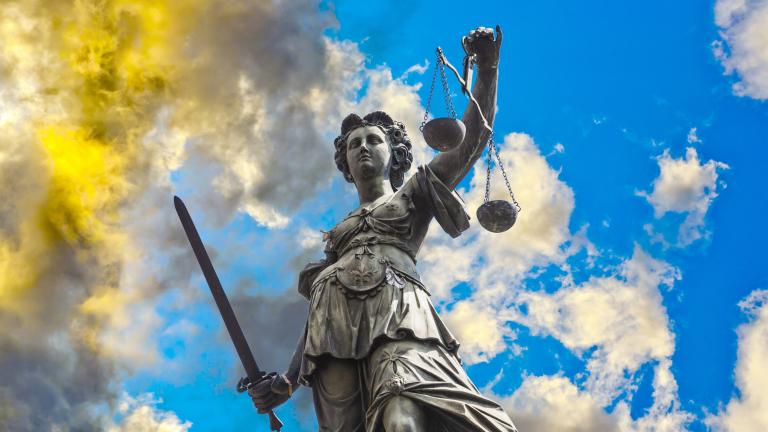
Superb reporting from The New York Times Climate Desk by Kendra Pierre-Louis S.M.'16 (@KendraWrites), who makes the connection between environmental justice, the climate crisis, and poverty. Pierre-Louis is an alumna of the Graduate Program in Science Writing, based in MIT's School of Humanities, Arts, and Social Sciences.
Full story at The New York Times.
Excerpt from The New York Times:
A Leader in the War on Poverty Opens a New Front: Pollution
"The Rev. Dr. William J. Barber II is resurrecting the Poor People’s Campaign, a movement started by Martin Luther King Jr. He sees the climate and environment as issues on par with poverty and racism....
He is perhaps best known as the architect of the Forward Together Moral Movement protests in North Carolina that opposed voting-rights restrictions and helped defeat the Republican governor in 2016. Now he is making environmental justice, and climate change, a pillar of a modern-day war on poverty...
Lower-income communities — especially black, Hispanic and Native American ones — tend to be more polluted and bear more of the burden of climate change than higher-income and white communities, experts say.
Dr. Barber rejected the notion that these were partisan issues. 'This is the real question, not if Democrats are going to get elected, not if Republicans are going to get elected, but if America is going to be America, she’s going to have to address systemic racism, systemic poverty, ecological devastation, the war economy and militarism, and our false moral narrative of religious nationalism,' he said.
Mr. Gore, well known for his work on global warming, said the issues of coal pollution and climate change were linked. 'Both are necessary byproducts of our addiction to fossil fuels,' he said."






